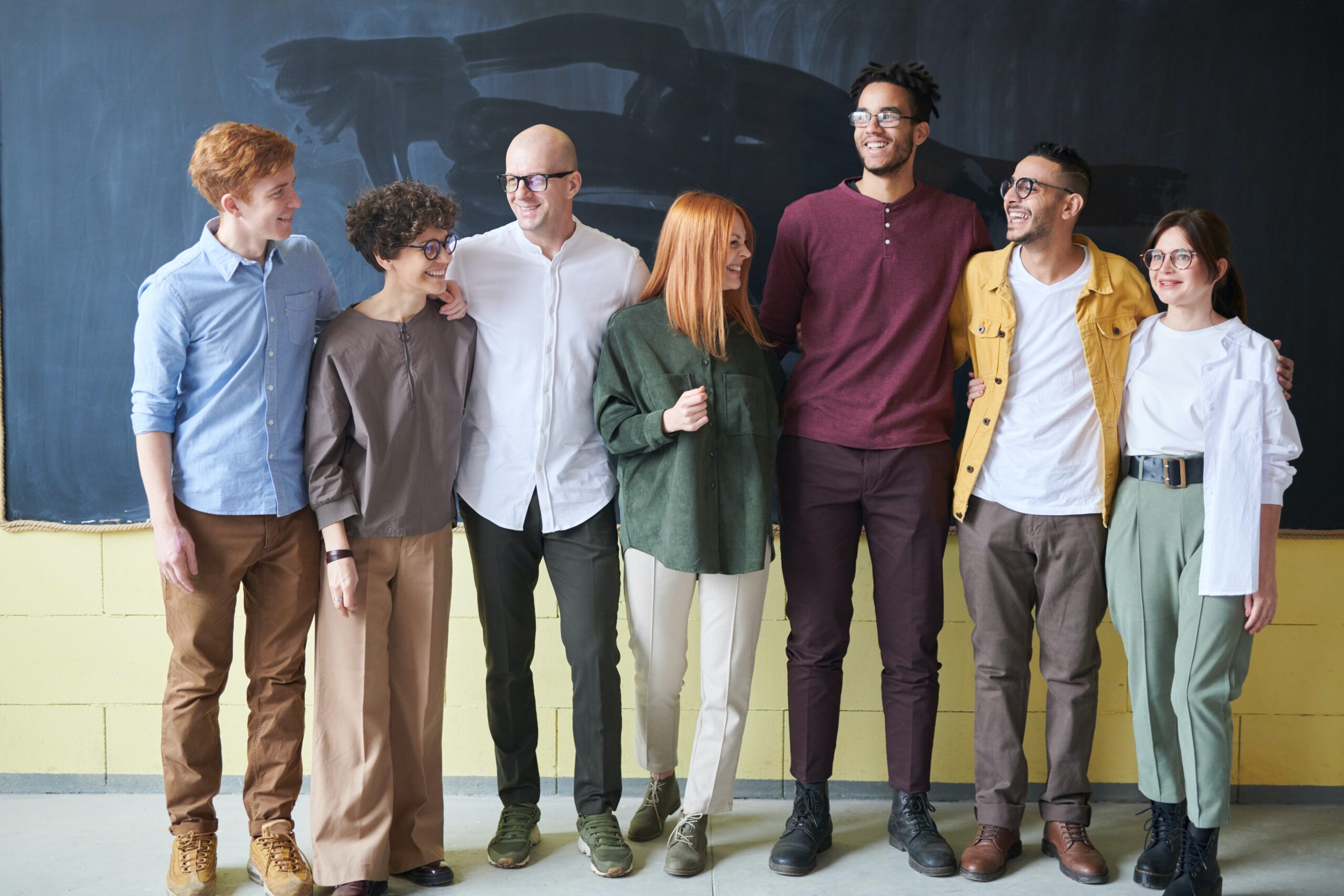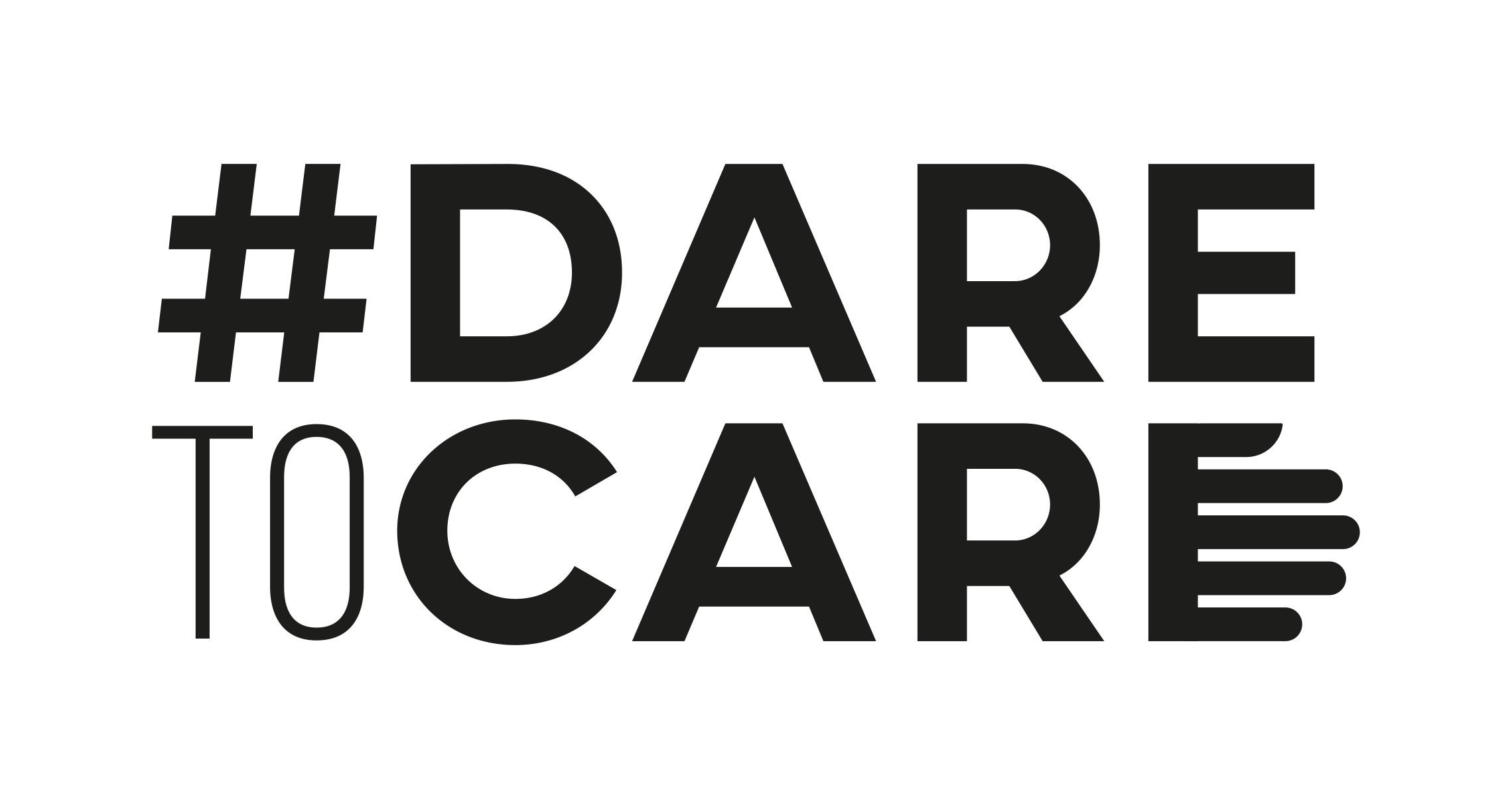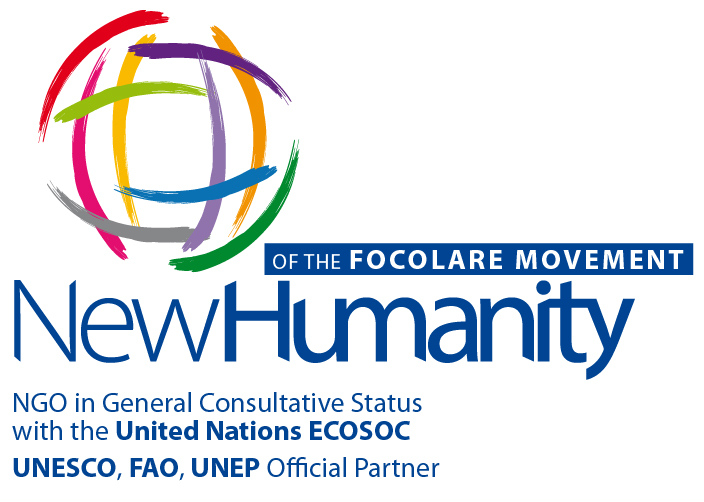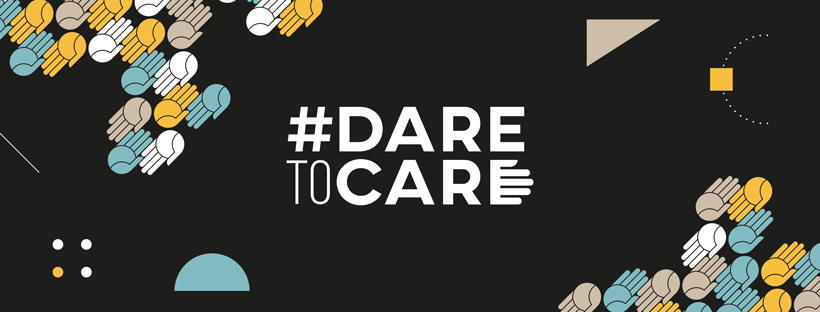ACTIVE CITIZENSHIP AND POLITICS FOR UNITY
THE OBJETIVE
#DareToCare is the slogan and hashtag of our campaign Active Citizenship and Politics for Unity, is the slogan and hashtag of our campaign to promote engagement, commitment, active involvement, appreciation… of what? The most vulnerable, the planet, our institutions, our cities, our neighbourhoods, the problems of society around us.
The Coronavirus pandemic has demonstrated how much the world we live in is in crisis, affecting health, economy, the climate, food and society in general. A change of pace, perspective and action is called for. A world which knows how to take care of itself, a world in which caring is placed at the heart of political discourse will be a better, more united world.
THE METHOD
#DareToCare has three steps: LEARN, ACT, SHARE. We report the LEARN phase, for more details visit the page: https://www.unitedworldproject.org/daretocare2020/


POLITICS AND CARE
Lucia Fronza Crepaz is a paediatrician and former member of the Italian Parliament (Chamber of Deputies). She has 6 children and 8 grandchildren. She has been president of the Politics for Unity Movement (www.mppu.org). Crepaz has been coordinating active citizenship training projects in Trento for 9 years.
Pasquale Ferrara is an Italian diplomat and is currently the Italian Ambassador to Algeria. He has held diplomatic posts in Santiago de Chile, Athens, Brussels (European Union) and Washington. From 2006 to January 2009 Ferrara was Head of the Press Service and Spokesperson of the Ministry of Foreign Affairs, Italy and then, from February 2009 to June 2011, Head of the Analysis and Planning Unit of the Ministry.
They share their reflections on the importance of the “care” paradigm in politics, on the value of solidarity and fraternity in putting oneself at stake, in “daring to take care” and on what our slogan, #daredare for those who, citizen or politician, care about the human family.
What do you need to do?
- WATCH (the video below)
- ACCESS (to the workshop) >
- READ (Insights Dare to Care) >
LISTENING, DIALOGUE & COMMUNICATION
Talking about dialogue, at first glance, is not something very challenging, especially when one thinks of dialogue as a kind of pleasant talk where consensus is reached. However, if we look at the political, social and cultural spheres, we realize that dialogue is often the missing element. Why? Because dialogue is always a difficult process that begins with listening: listening even to opinions with which I disagree.
Dialogue takes us into an unknown world: the other, where we walk in the dark and are even afraid of our own uncertainties. And as challenging as this dialogue may be, it becomes an increasingly indispensable form of communication. We find ourselves immersed in a world where rapid, mass forms of communication make us forget the individuality of the other, interpersonal communication, the possibility of breaking down barriers that prevent us from deepening our relationships with others.
If you are still not convinced of the importance of dialogue and listening for today’s world, we invite you to listen to two experts: Amy Uelmen, professor at Georgetown Law School in Washington, D.C., and Cristina Montoya, professor at Sophia University Institute. Both show challenges and benefits of dialogue and listening.
Uelmen and Montoya really “dialogue” in this second training class sponsored by United World Project as part of the #DareToCare campaign.
What do you need to do?
EQUALITY & EQUITY
Covid 19 has made the living conditions of billions of people around the world, already precarious due to economic crisis, poverty, social imbalances, more difficult… That’s why the third lecture organized as part of the international Dare to Care (#DareToCare) campaign, promoted by United World Project, focused on equality and equity.
Moderated by journalist Maddalena Maltese (Religions for peace), speakers on the topic, in Italian and English, were Mario Bruno, president of the Politics for Unity Movement International, and Annette Balaoing (Sophia University Institute and Rotterdam School of Management Erasmus University in Netherlands).
What do you need to do?
- WATCH (the video below)
- ACCESS (to the workshop) >
- READ (Insights Equality and Equity) >
FRATERNITY & THE COMMON GOOD
This lesson about FRATERNITY AND THE COMMON GOOD is given by professors and students of the Sofia University Institute – Sophia University Institute – Florence, Italy.
Professors: Antonio M. Baggio, Stable Professor of Political Philosophy, Sophia University Institute Leidy Vargas Ramírez, Assistant Professor of Political Philosophy, Sophia University Institute
Student-moderators:
- Amélie Briard, student, France
- Valeria Garré, student,Italy
- Maëlys Dewynter, student, France
- Alexander Simoen, student, Belgium
- Michel Haroun, student, Lebanon
What do you need to do?
- WATCH (the video below)
- ACCESS (to the workshop) >
- READ (Insights Fraternity and the Common Good) >
PARTICIPATION & CO-GOVERNANCE
Letizia De Torre is Italian, she was a Member of Parliament and Undersecretary of the Ministry of Education. From 2013 to 2019 she held the position of President of the Politics for Unity Movement International (MPPU). Melchior Nsavyimana is from Burundi, now responsible for managing donor services for the United Nations Humanitarian Air Service in South Sudan. Together, they dialogue with Lourdes Hercules to learn more about two ideas that seem important for the times in which we live: participation and co-governance.
A vaccine rush, lockdowns with no end in sight, insecurity about the future, 255 million jobs lost. And then, the alarm over bloody coups, arrests of political opponents, armed violence against minorities, wars without solutions.
The uncertainty also comes from the fact that we do not see who has the authority to govern these events in favor of the human race. What can we do? How are we to guarantee justice, dignity, freedom and equality for all? We dreamed of founding this guarantee by giving full royalty to all citizens. We called it democracy and participation. Is this the end of that dream?
Or can this crisis open us to a qualitative leap in how human communities govern and relate to each other and to the earth that is our common home?
New ideas and experiences are being advanced for a collaborative governance, which is based on the co-responsibility of all – in institutions and in all the vital spaces of society. In this form of governance the vision of leadership is not that of a boss, but the capacity of an entire city for a common vision and action.
This is exactly what #DareToCare means: to take care of our communities politically and collectively; that is, for all its aspects and with the contribution of all. It is co-governance.
What do you need to do?
- WATCH (the video below)
- READ (Insights Participation and Co-Governance) >


